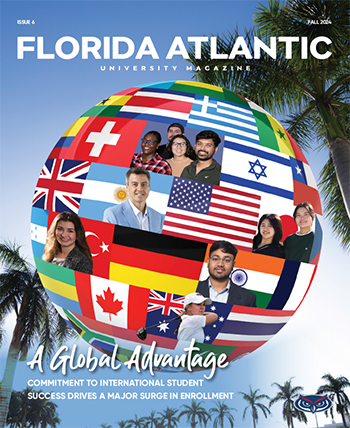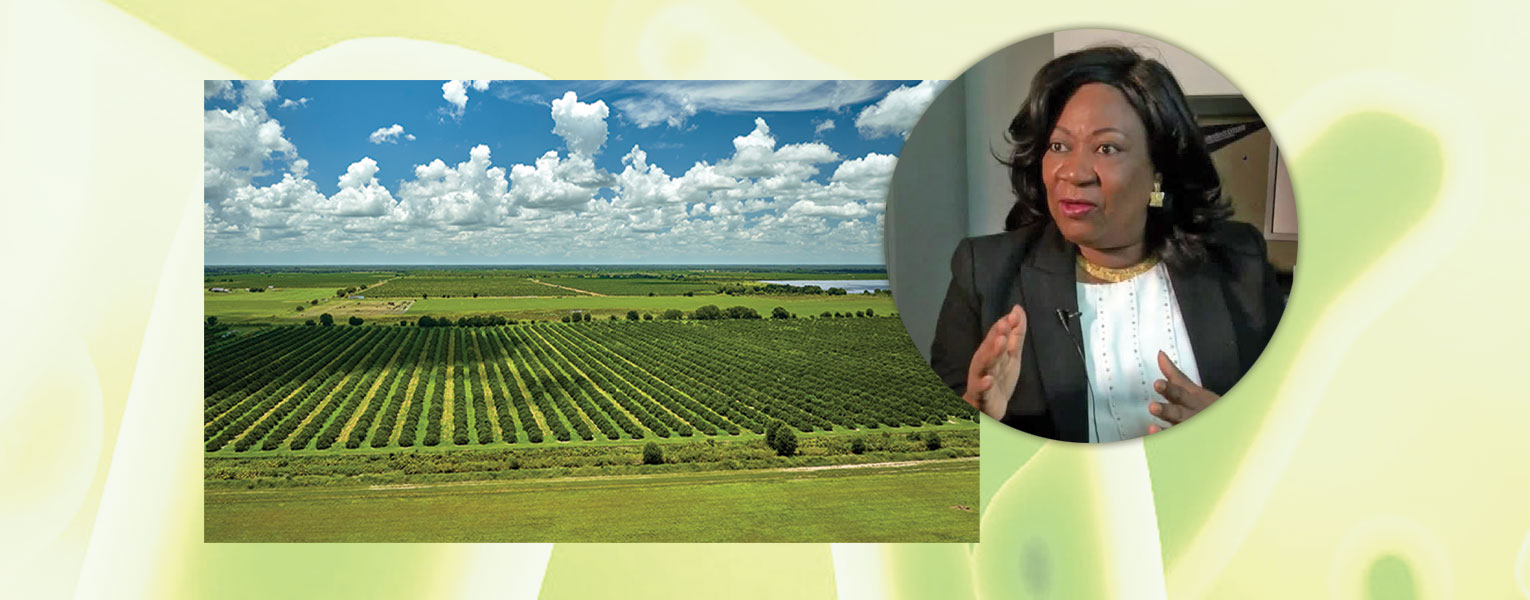6/21/2024
Florida Atlantic: New Microbiome Innovation Center
Addressing South Florida’s Complex Agriculture Issues
South Florida is host to more than 9.7 million acres of farmland with a revenue of more than $7 billion in recent years. However, there are unique challenges in this region including climate change, extreme weather events, poor soils, pests and disease, and workforce shortages. As such, there is a critical need to train a diverse workforce with new sets of tools and skills to confront these emerging challenges.
To help address the complex issues facing traditional agriculture — and the declining interest of the next generation in food, agriculture and natural resources careers — Florida Atlantic University received a $1 million grant from the United States Department of Agriculture (USDA) to establish the Florida Atlantic Microbiome Innovation Center. It is the first of its kind in South Florida.
The center will develop an innovative curriculum in holistic plant health that will engage undergraduate and graduate students from Florida Atlantic and Florida International University. It also will create a culture collection of indigenous beneficial bacteria whose many applications are at the nexus of environmental, agricultural and public health. The project will integrate soft skill development, stipends and multi-tiered mentoring with experiential learning in cutting-edge microbiome research.
"Growing challenges of food safety, biosecurity and agricultural productivity, or emergence of new pathogens such as citrus greening devastation, plant invasion, climate change and depletion of soil fertility, all have a microbiome undertone that needs to be promptly addressed by training competent cross-disciplinary professionals," said Nwadiuto Esiobu, Ph.D., project director, professor of biological sciences, and director of the Esiobu Microbial Biotech Laboratory in Florida Atlantic’s Charles E. Schmidt College of Science. "In virtually every field of science, microbiomes are emerging as key priority themes."
The grant also will procure a bench top DNA sequencer to drive development of a curated collection of indigenous beneficial microbes from South Florida. Students will isolate, sequence and curate their strains as part of the research experiential programs. The collection will become a valuable asset in customizing probiotics for specific plants in specific ecologies such as wetland grasses, which are experiencing salinity and flooding stress. Currently, there is no such collection in the region.
"Students will experience firsthand applications of emerging technologies working in faculty mentors’ labs, at internship visits with our partners, and shadowing USDA programs and conferences," said Valery Forbes, Ph.D., dean of the College of Science. "All of these activities will be focused on problem-solving, developing critical thinking skills, and preparing students for careers in the food, agriculture and natural resources fields."
If you would like more information, please contact us at dorcommunications@fau.edu.

